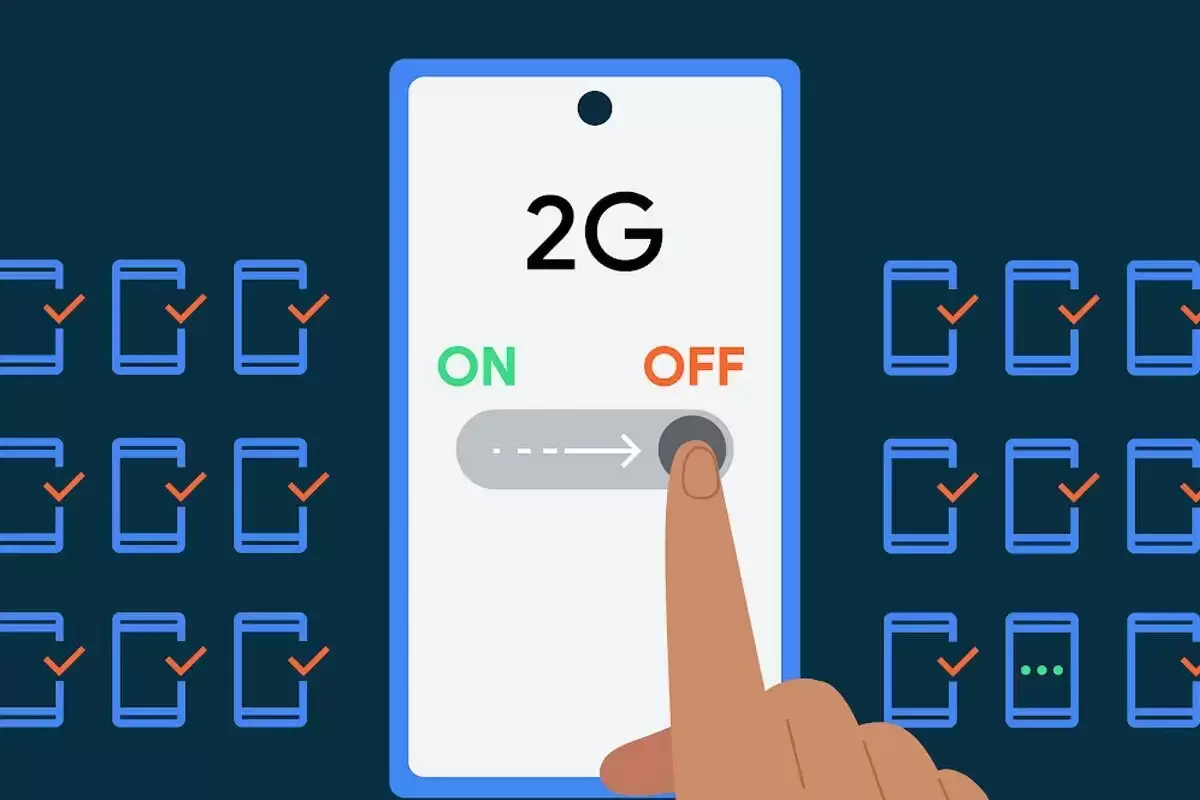Google is on the verge of releasing its much-anticipated OS update, Android 14. This forthcoming update brings a significant emphasis on bolstering security, aiming to fortify user data and device integrity.
In a bid to thwart potential security breaches, Google has unveiled a series of fresh security features. One intriguing alteration involves the option to deactivate 2G connectivity. While 2G might be considered an antiquated cellular network, its vulnerability remains a concern. Despite its outdated status, it is still supported by a considerable number of devices.
The significance of this feature arises from the ease with which attackers can infiltrate network traffic on the 2G platform. Given its absence of layered security, it provides an open door for cyber assailants. The introduction of the ability to turn off 2G connectivity presents an avenue to mitigate this risk, offering users a measure of control over their security landscape.
Delving further into the security enhancements of Android 14, another noteworthy addition is the enforced encryption for all cellular connections. This step amplifies the safeguarding of both voice and user communication traffic, ensuring that sensitive interactions remain shielded from prying eyes.
Perhaps the most captivating facet is the preemptive approach to encryption. Even if the communication network lacks native encryption support, Android 14’s built-in mechanism steps in, encrypting the data prior to transmission. This strategic maneuver fortifies the confidentiality of user communications, effectively raising the bar for potential interceptors.
Beyond these pivotal security features, Android 14 introduces an array of supplementary measures. Among these is heightened protection against malware specifically targeting the theft of passwords and other sensitive data. Additionally, users gain greater authority over their data utilization by applications, facilitating more tailored control over their digital footprint.
The collective impact of these security advancements in Android 14 could potentially prompt a surge in user enthusiasm for swiftly adopting the latest iteration of the operating system. As users seek to safeguard their digital interactions, Google’s commitment to security emerges as a pivotal driver in shaping the tech landscape.

